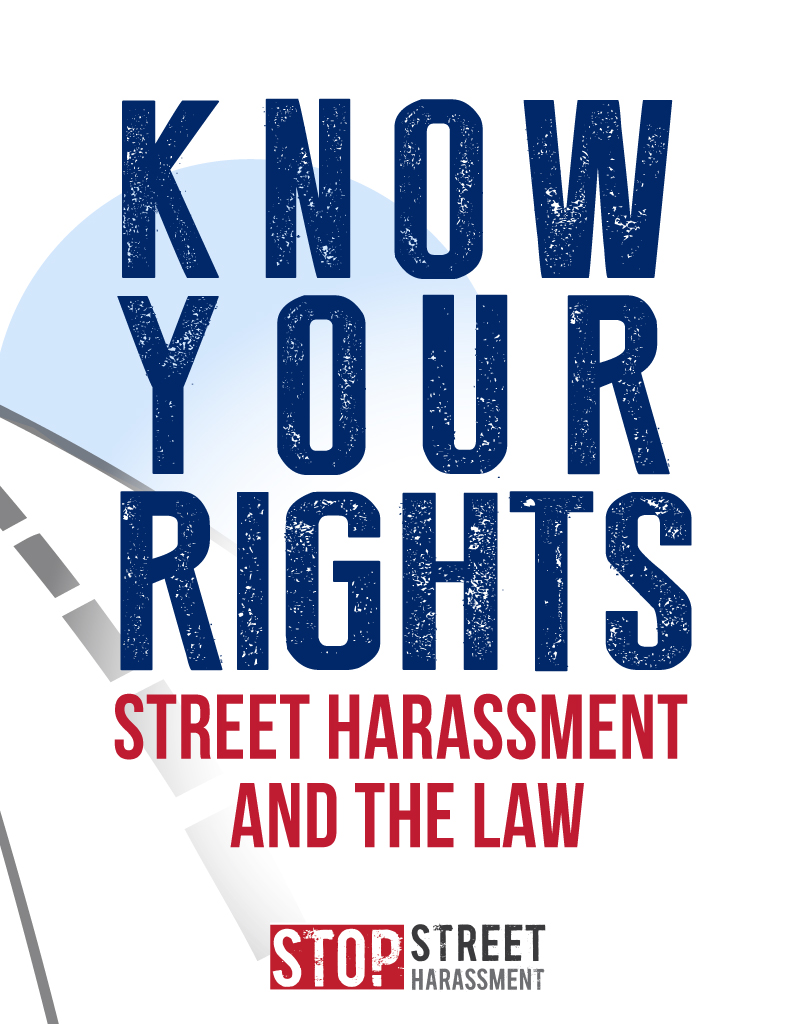 If street harassment is based on your race, gender identity, orientation, or another protected characteristic, it may be considered a hate crime. In our toolkit, we include hate crimes for the states that treat it as a specific offense. Most states allow bias motivation in ordinary criminal offenses to be taken into account as aggravating circumstances in sentencing but do not have a separate statute and so we do not include it.
If street harassment is based on your race, gender identity, orientation, or another protected characteristic, it may be considered a hate crime. In our toolkit, we include hate crimes for the states that treat it as a specific offense. Most states allow bias motivation in ordinary criminal offenses to be taken into account as aggravating circumstances in sentencing but do not have a separate statute and so we do not include it.
The organization Human Rights First found that 45 states and D.C. either have separate hate crime legislation or allow bias motivation in ordinary criminal offenses to be taken into account as aggravating circumstances in sentencing. Arkansas, Georgia, Indiana, South Carolina, and Wyoming do not have any form of hate crime legislation.
This is what they found:
* The laws of 30 states and D.C. punish bias crimes based on sexual orientation.
* The laws of 30 states and D.C. punish bias crimes based on disability.
* The laws of 26 states and D.C. punish bias crimes based on gender.
* The laws of 10 states and D.C. currently punish bias crimes based on transgender/gender identity.
* The laws of California, Connecticut, Washington D.C., Missouri, New Mexico, Pennsylvania, and Vermont punish bias crimes on the basis of all of the above-mentioned categories: race, religion, ethnicity, sexual orientation, disability, gender, and gender identity.
* Forty-two states and D.C. have either general or specific statutory provisions that criminalize institutional vandalism.
The Matthew Shepard and James Byrd, Jr. Hate Crimes Prevention Act (passed in 2009), allows the federal government to provide assistance in the investigation and prosecution of hate crimes. When a local government is unable or unwilling to prosecute, this allows the federal government to step in.
